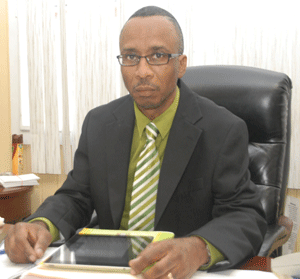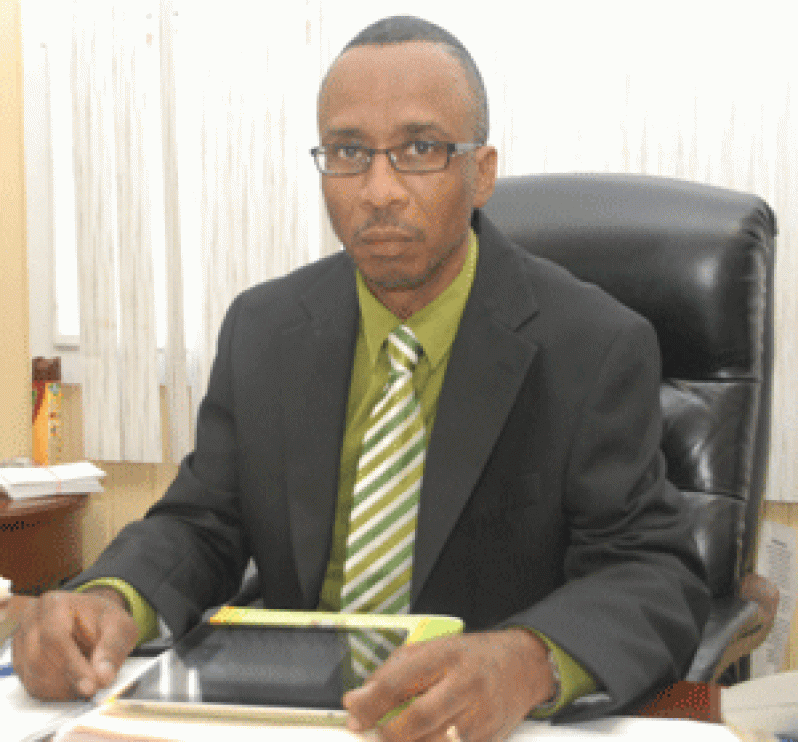OVER the past year in particular, I’ve dedicated a fair amount of this space to commenting on the need for a more nuanced management of information in the interest of the provision of public services.
I’ve recently cited the opportunity for our parliamentarians to interact more meaningfully with the public via dedicated media mechanisms, such as a Parliament television channel, for example.
channel, for example.
A phenomenon I’ve noticed however is that, largely because of misinformation being presented in the public domain – for better or for worse – our politicians from all sides of the political divide have been (in my humble opinion) subjected to unfair criticism and duress at the hands of the public. There is so much back and forth going on currently with each side claiming integrity and authenticity in their various pronouncements that somebody somewhere has got to be mostly wrong and a separate somebody somewhere else has got to be mostly right.
I know all too well the sort of issues that can arise out of a campaign of misinformation – incidental or orchestrated – being directed at an individual. Which brings me to another component of public, politically motivated misinformation: so much of it seems more about personal scores being settled publicly rather than actually looking out for
the public interest as is often claimed.
This general state of affairs cannot bode well for Guyana if allowed to continue as is. I want to suggest, in the interest of the sort of greater nonpartisan political cooperation, that something or somebody be established to give periodic objective perspective – a reality check – on issues being discussed in the public domain. The idea would be to get as many stakeholders on board and have them come to a consensus on the composition of an independent entity that uses accurate research to combat misinformation relative to our politics being put into the public domain. No frills, no unnecessary commentary, just hard facts and the provision of context where applicable. An easily replicable model for the online publication of information coming out of such a mechanism would be the American website, FactCheck.org.
A few hours before this column was sent off to press, the first article on the website was about the discrepancies in an Obama campaign release about a major supporter of the Republicans, oil executive, Thomas O’Malley. An excerpt from the article reads:
“The Obama ‘Truth Team’ blames GOP donor [O’Malley] refinery company helping to ‘drive gas prices up this year by curtailing gas production.’ But the facts are the exact opposite. The Energy Information Administration credits PBF Energy for preventing a price spike in the Northeast this year by opening a refinery in Delaware…” The second article is about the misrepresentations made by a representative of the Romney Campaign with regard to the successes of the firm formerly headed by Romney, Bain Capital. It fact checks Romney Senior Advisor Ed Gillespie’s citation of a mere 5% failure rate at Bain as evidence of the Republican candidate’s competence in financial affairs. The reality, according the FactCheck, is that figure represents the entire 28-year history of Bain and not Romney’s tenure, which saw 22 percent of companies Bain invested filing for bankruptcy, with another 8 percent losing all the money Bain put into them. Note that Romney was in charge of Bain for half of its existence.
This is precisely the sort of mechanism we need in Guyana, particularly considering some of the fantastic figures – “$50 billion” for example – being bandied about by some of our public representatives without recourse to verification. If we had the equivalent of FactCheck, even in a basic form as it currently is, a great many articles would not be published for fear of embarrassment being instilled in publishers, writers and so-called ‘sources’.
I’m unsure of precisely how extensive the Speaker’s powers are but I would like to throw out the probably revolutionary idea that if the role of the Speaker is to manage the business of the legislative arm of government, then maybe such a mechanism can even come under the aegis of the Office of the Speaker of the National Assembly of Guyana.
In the same way that professional athletes are held to high ethical standards whether they are on the field or off of it, as representatives of a particular team, and are sanctioned for actions or utterances made out of the arena, maybe the Office of the Speaker should be mandated to sanction parliamentarians for their actions and utterances outside of Parliament – their duties to the people of Guyana and their commitment to truth (even as politicians) do not end as soon as they walk out of the National Assembly.
Why take such tremendous steps in the first place? Misinformation concerning – directly or indirectly – our political system and its processes, serves only two negative results. The first is to foster a greater tension in, and sapping of the public morale of, the general public, by leading the average man and woman to believe that we are
(since most information is largely pessimistic) in a much worse state of affairs than we actually are.
The second is that it creates a distrust of each among our lawmakers and the doors of opportunities for greater cooperation quickly close and the fortresses of partisanship are quickly reconstructed; fortresses which are extremely difficult to dismantle.
[Mis]Information and the new political environment
SHARE THIS ARTICLE :
Facebook
Twitter
WhatsApp



.jpg)








